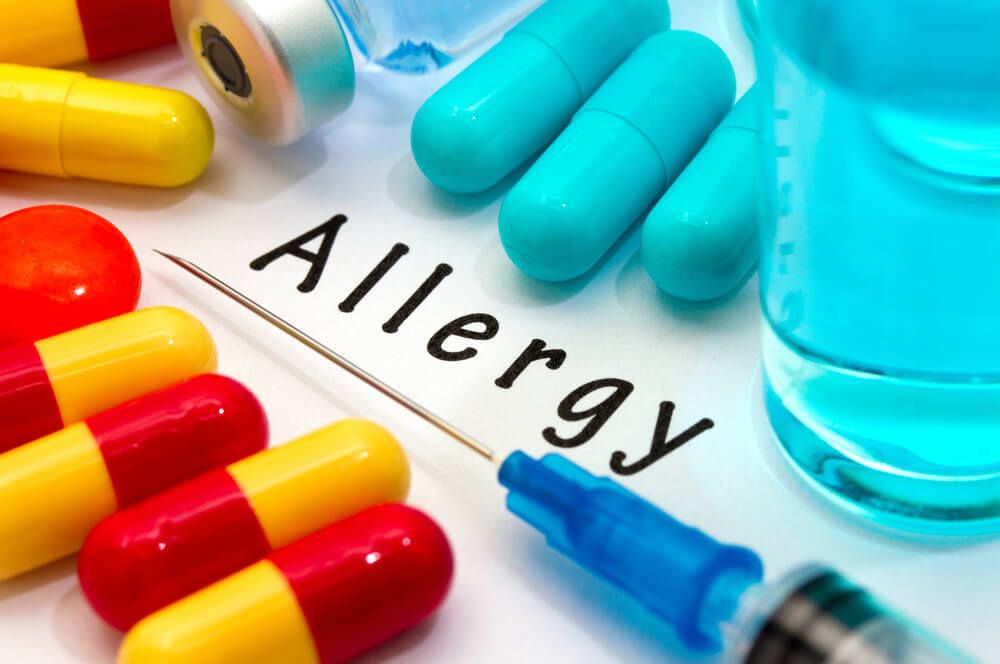



Get new exclusive access to healthcare business reports & breaking news




The U.S. Food and Drug Administration (FDA) has approved the first treatment for children with peanut allergies — one of the most common food allergies in the world.
The drug, Palforzia is an oral immunotherapy indicated for the mitigation of allergic reactions, including anaphylaxis, that may occur with accidental exposure to peanuts. The FDA approved the drug, developed by Aimmune Therapeutics, for use in patients with a confirmed diagnosis of peanut allergy.
The NBC News website explained that Palforzia is a powder made from peanuts that comes in color-coded capsules for the first two phases. In the maintenance phase, the drug comes in a sachet. The powder can be mixed with semi-soft foods such as applesauce or yogurt before a child consumes it.
The drug is consumed in three phases: The Initial Dose Escalation, Up-Dosing, and Maintenance. The Initial Dose Escalation phase is given on a single day. The Up-Dosing phase consists of 11 increasing dose levels and occurs over several months. The FDA said that after a patient completes all Up-Dosing levels, they may begin the daily maintenance dose.
Treatment with Palforzia, the federal agency said, may be initiated in children between the ages of four and 17 years with a confirmed diagnosis of peanut allergy. Those who take Palforzia must continue to avoid peanuts in their diets, it was announced.
“Because there is no cure, allergic individuals must strictly avoid exposure to prevent severe and potentially life-threatening reactions. Even with strict avoidance, inadvertent exposures can and do occur. When used in conjunction with peanut avoidance, Palforzia provides an FDA-approved treatment option to help reduce the risk of these allergic reactions in children with peanut allergy,” said Peter Marks, director of the FDA’s Center for Biologics Evaluation and Research.
Jayson Dallas, the President and Chief Executive Officer of Aimmune Therapeutics, described the FDA’s approval of Palforzia as a “defining moment” for the peanut allergy community.
“Peanut allergy is more common now than ever before and has become a serious public health concern. The food allergy community has been eagerly awaiting an FDA-approved treatment that can help mitigate allergic reactions to peanuts and, as allergists, we want nothing more than to have a treatment option to offer our patients that have demonstrated both the safety and efficacy to truly impact the lives of patients who live with peanut allergy. With [this] approval of Palforzia, we can – for the first time – offer children and teens with peanut allergy a proven medicine that employs an established therapeutic approach,” said Christina Ciaccio, Associate Professor of Pediatrics and Medicine and Chief of Allergy/Immunology and Pediatric Pulmonary Medicine at the University of Chicago Medical Center and Biological Sciences.
Although the new treatment is seen as a game-changer, like any new drug, it comes with side effects. The FDA warned Palforzia could cause side effects such as occasional severe allergic reactions. The agency requires doctors and their patients to enroll in a special safety program, and patients must take the first dose and each increased dose under supervision in a certified health center.
Aimmune further explained that Palforzia is available only through a Risk Evaluation and Mitigation Strategy (REMS). The requirements for this strategy include that the prescribing physician and patient must be enrolled in the REMS prior to initiation of treatment; the initial dose escalation and the first dose of each up-dosing level must be administered in a certified healthcare setting; epinephrine must always be immediately available to patients, and pharmacies/distributors must be certified with the REMS and dispense Palforzia only to certified healthcare settings or to patients who are enrolled in the REMS.
With all that in mind, Aimmune said its commercial field team is ready to begin engaging with allergists to help them prepare to safely incorporate Palforzia into their practices.
The FDA estimates that peanut allergy affects approximately 1 million children in the U.S. and only one out of 5 of these children will outgrow their allergy.
The U.S. Centers for Disease Control and Prevention (CDC) says food allergies are growing food safety and public health concern that affect an estimated 8 percent of children in the U.S. That’s one in 13 children or about two students per classroom.
Last year, Illinois Governor J.B. Pritzker signed a new law requiring insurance companies in the state to provide coverage for children who need EpiPen injections for severe allergies, making Illinois the first state in the nation to have such legislation.
Upon signing the law, Pritzker said: “To a child who cannot afford an EpiPen, one peanut, one bee sting, one exposure to latex can mean anaphylactic shock and potentially death. That’s unconscionable.”